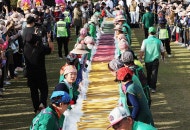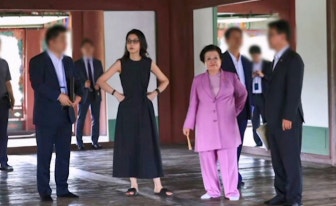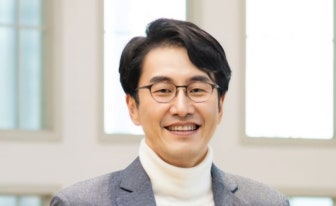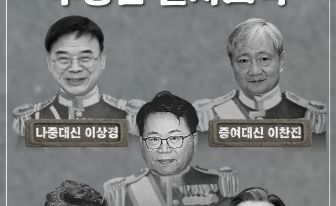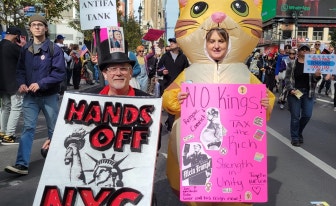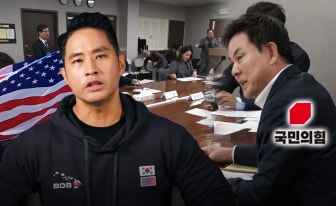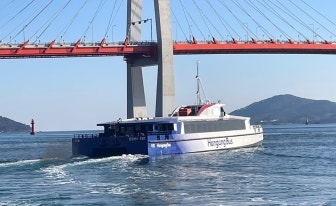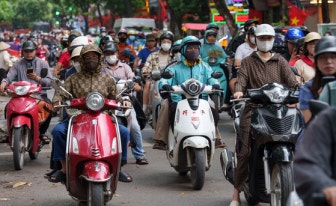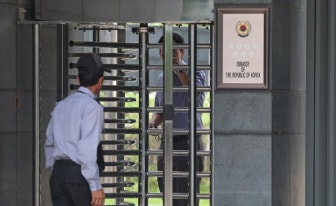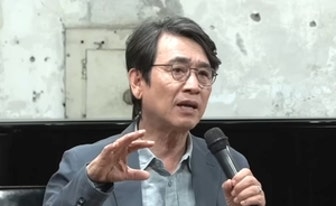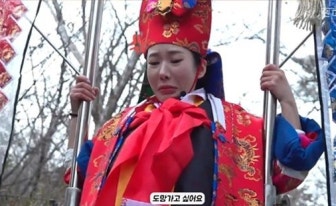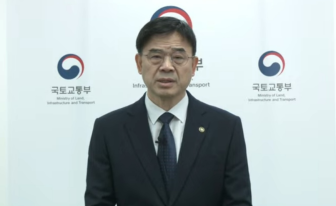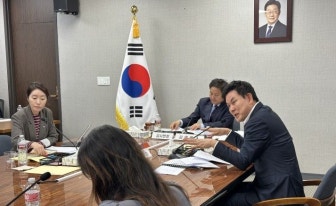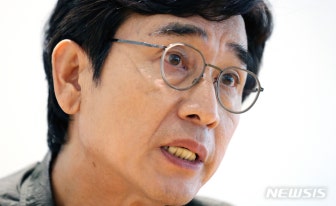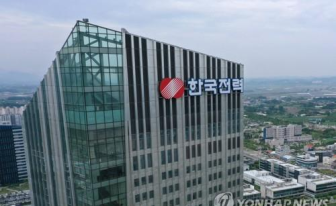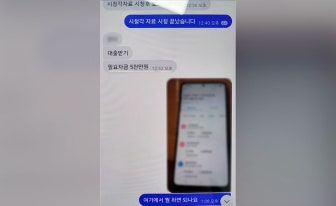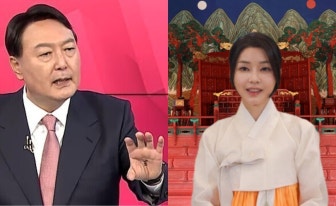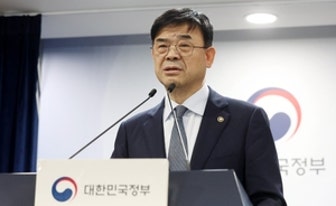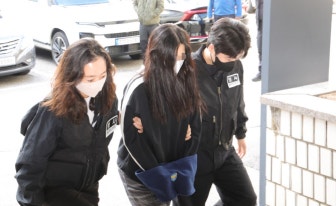Presidential Director of National Policy Kim Yong-beom and Minister of Trade, Industry and Energy Kim Jung-kwan boarded flights to Washington on Wednesday, just days after returning to Seoul from their previous round of negotiations with U.S. Commerce Secretary Howard Lutnick on Oct. 16.
The back-to-back departures of Seoul’s key negotiators highlight the urgency and intensity of ongoing talks between Korea and the United States over a major bilateral investment deal.
“Although we’ve narrowed differences on many fronts, there are still one or two areas where our positions remain far apart,” Kim Yong-beom said before departure. “We’re heading back to reach a deal that aligns with Korea’s national interest.”
This round of talks is expected to focus on ironing out final sticking points related to Korea’s proposed $350 billion investment package in the United States. While Washington has previously insisted on large upfront cash injections, Seoul has pushed for a phased approach due to concerns over foreign exchange market volatility and fiscal constraints.
Negotiations have recently moved toward a compromise, incorporating loans and guarantees over a longer timeline. Minister Kim noted last week that “the United States is no longer demanding the full amount in cash.”
However, unresolved issues remain over the proportion of upfront cash, governance structure of the investment and so-called loss cap clauses. Choi Ji-young, the deputy minister for international affairs at the Ministry of Economy and Finance, also joined the trip to coordinate foreign exchange stabilization tools, including potential currency swap measures.
“The U.S. demand has softened to levels similar to those placed on Japan,” said Heo Yoon, a professor at Sogang University’s Graduate School of International Studies. “But without securing phased implementation and limiting the cash portion, Korea could face short-term volatility in the won.”
Analysts warn that even a 30 percent cash component would deplete roughly a quarter of Korea's $420 billion in foreign reserves.
With the APEC Economic Leaders' Meeting set to take place later this month in Gyeongju, some observers speculate that the two sides may sign a partial memorandum of understanding (MOU), leaving contentious issues unresolved for later.
But Kim Yong-beom dismissed the idea. “The government does not intend to sign an MOU based only on agreed points while leaving issues unresolved,” Kim said. “We will only sign once all matters are settled.” His remarks reflect Seoul’s internal decision to avoid a politically expedient but incomplete agreement tied to a diplomatic event.
If a full deal is not reached in time, the broad contours of the agreement may instead be reflected in a joint statement at the Korea-U. S. summit expected to take place on Oct. 29.
“If key differences remain, the two sides may outline principles in a joint statement and proceed to an MOU afterward,” said a trade expert.
APEC is seen as a crucial platform for both countries to showcase diplomatic achievements. Analysts say the sudden acceleration of the negotiations is linked to the summit's timing. For the United States, APEC offers a chance to spotlight tariff wins under the so-called “Trump tariffs,” while it provides an opportunity for Korea to secure strategic gains.
Negotiations could expand into a broader “package deal” that includes nuclear cooperation, defense cost-sharing and other security-related matters. “Once trade talks conclude, I expect announcements in other fields to follow,” said Kim Yong-beom.
The talks also have implications for Korea’s leadership role in U.S.-led supply chain realignment, particularly in key industries such as shipbuilding, semiconductors, defense and AI. If finalized, the investment package could directly influence the long-term strategies of Korea’s major conglomerates.
“If Korean firms secure dollar funding and invest in industries where they excel, the government can reduce foreign exchange pressure while enhancing corporate competitiveness,” said one trade official, speaking on the condition of anonymity.
Despite growing optimism, the outcome remains uncertain due to the unpredictability of Trump's decision-making.
“Korea, where I'll be meeting President Xi, we worked out a very fair deal, and I expect we'll probably work out a very fair deal with President Xi of China,” said Trump on Monday.
This article was originally written in Korean and translated by a bilingual reporter with the help of generative AI tools. It was then edited by a native English-speaking editor. All AI-assisted translations are reviewed and refined by our newsroom.




















